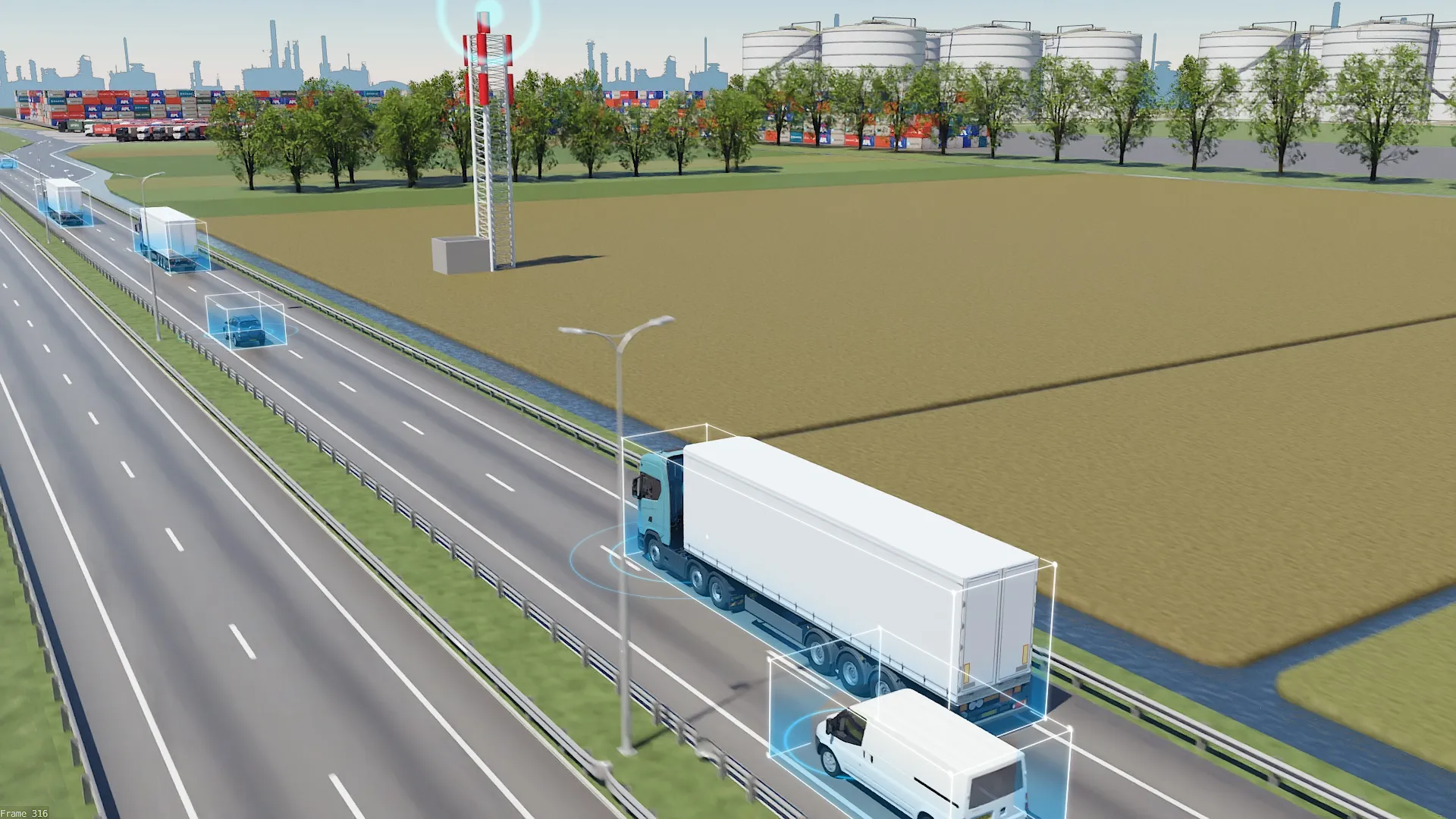The UK’s Transport Research Laboratory (TRL) is to participate in a large European Commission project which aims to directly address the technological feasibility, economic viability and the socio-environmental effects of dynamic on-road charging of electric vehicles (EV).
Known as FABRIC (FeAsiBility analysis and development of on-Road charging solutions for future electric VehiCles), this four-year project is in response to the need to assess the potential and feasibility of a more extensive integratio
February 3, 2014
Read time: 2 mins
The UK’s Transport Research Laboratory (491 TRL) is to participate in a large 1690 European Commission project which aims to directly address the technological feasibility, economic viability and the socio-environmental effects of dynamic on-road charging of electric vehicles (EV).
Known as FABRIC (FeAsiBility analysis and development of on-Road charging solutions for future electric VehiCles), this four-year project is in response to the need to assess the potential and feasibility of a more extensive integration of electric vehicles in the mobility and transportation system, focusing primarily on dynamic wireless charging. This would allow nearly all of the drawbacks of on-board battery packs such as increased weight, cost and limited range, to be avoided.
TRL is leading sub-project SP3 and will assess charging solutions for on-road charging from a contact and contactless technological point of view. Working with colleagues from a range of European organisations, SP3 will identify requirements for a complete on-road charging system and deal with developments required to bridge the identified technological gaps between existing solutions and requirements from users/stakeholders.
TRL is also involved in other tasks associated with the project.
It is hoped that FABRIC will provide a pivotal contribution to the evolution of e-Mobility in Europe by identifying the benefits and costs in absolute terms so that the investments required in the coming years for widespread implementation and exploitation can be fully defined and quantified.
Known as FABRIC (FeAsiBility analysis and development of on-Road charging solutions for future electric VehiCles), this four-year project is in response to the need to assess the potential and feasibility of a more extensive integration of electric vehicles in the mobility and transportation system, focusing primarily on dynamic wireless charging. This would allow nearly all of the drawbacks of on-board battery packs such as increased weight, cost and limited range, to be avoided.
TRL is leading sub-project SP3 and will assess charging solutions for on-road charging from a contact and contactless technological point of view. Working with colleagues from a range of European organisations, SP3 will identify requirements for a complete on-road charging system and deal with developments required to bridge the identified technological gaps between existing solutions and requirements from users/stakeholders.
TRL is also involved in other tasks associated with the project.
It is hoped that FABRIC will provide a pivotal contribution to the evolution of e-Mobility in Europe by identifying the benefits and costs in absolute terms so that the investments required in the coming years for widespread implementation and exploitation can be fully defined and quantified.







